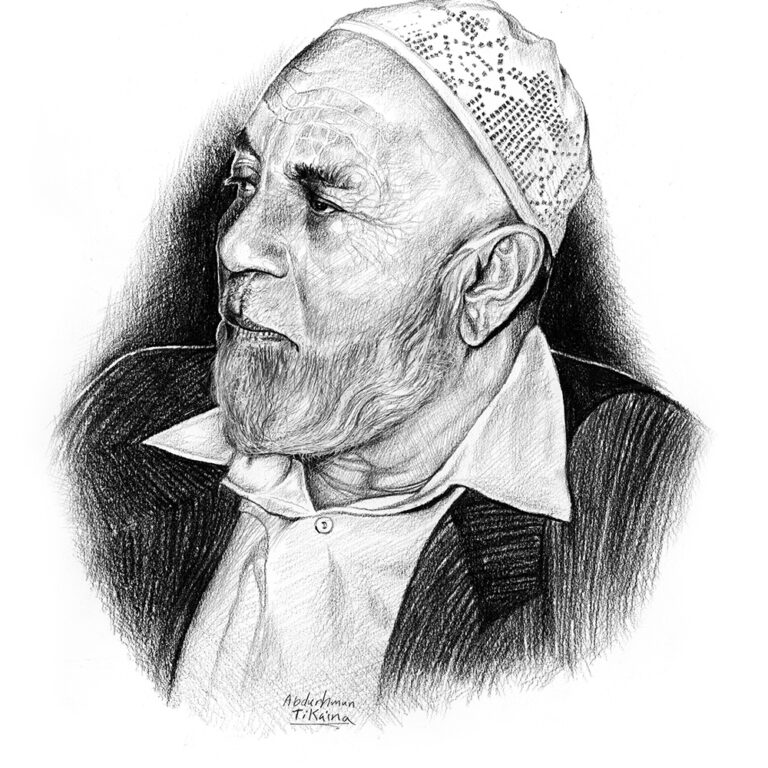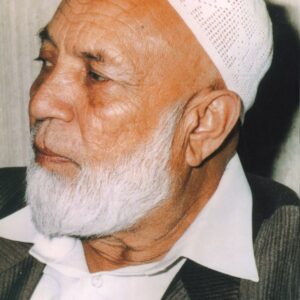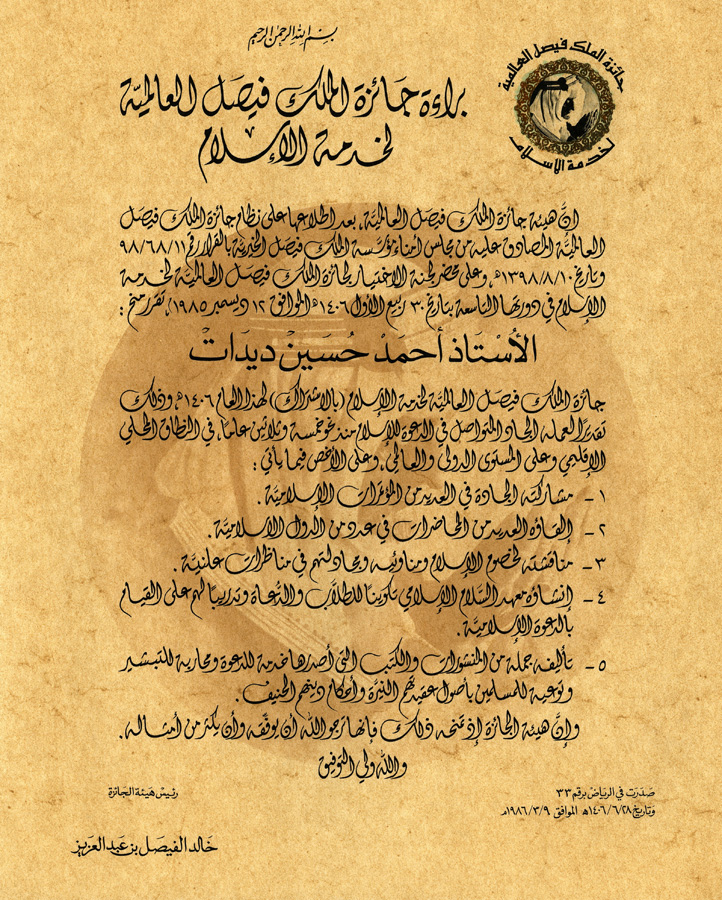

Mr. Ahmad Husein Deedat
King Faisal Prize in Service to Islam 1986 Laureate
The most vicious enemy to Islam is an ignorant fanatic Muslim, who wrongfully disrupts its image, and conveys a misleading idea about it

Ahmad Deedat joined his father in South Africa in 1927. He was able to learn English in a short time and was a bright pupil. However, he had to leave school at the age of 16 to support his family. He vigorously pursued self-education, including extensive studies on comparative religion, while working in a furniture shop. He was profoundly influenced by observing that, in addition to racial discrimination, the authorities used religious ideology to “numb the masses,” and that there was a profound misunderstanding of Islam among non-Muslims. He was inspired by the concept of holding interreligious public debates, which he read about in Kairanvi’s book Truth Revealed. He delivered his first lecture, entitled Mohammad: Messenger of Islam in a movie theater in Durban, with only 15 people attending. Within a short time, his lectures attracted thousands of people who crossed the racial barrier to listen to him and ask questions. Ahmad Hussein Deedat was a renowned Muslim thinker, author, orator, and scholar of comparative religion.
What distinguished Deedat from his contemporaries was his intensive knowledge of the Bible and Holy scriptures, coupled with his command of English.
Following this tremendous initial success, he decided to dedicate his life to the explanation of Islam and promotion of its values. His contributions, especially in the field of comparative religion, extended for more than 40 years and included his authorship of numerous books and manuscripts in addition to hundreds of audio-taped lectures, televised programs and public debates on Islam. He also founded and chaired the Islamic Propagation Center International in Durban, South Africa.
This biography was written in the year the prize was awarded.
- He authored numerous publications, of most significance:
- 50000 Errors In The Bible (1991).
- Alcohol in Christianity and Islam (Dar Al-Nasr), (1992).
- Muhammed The Greatest (Peace Vision Publications), (1993).
- Ikhtifa’a Lafth Al-Jalalah (Bayt Al-Hikmah), (1993).
- The Choice: Islam and Christianity (Abu Al-Qasim Publications), (1993).
- Shaikh Ahmad Deedat passed away in KwaZulu, South Africa on 8/8/2005.


